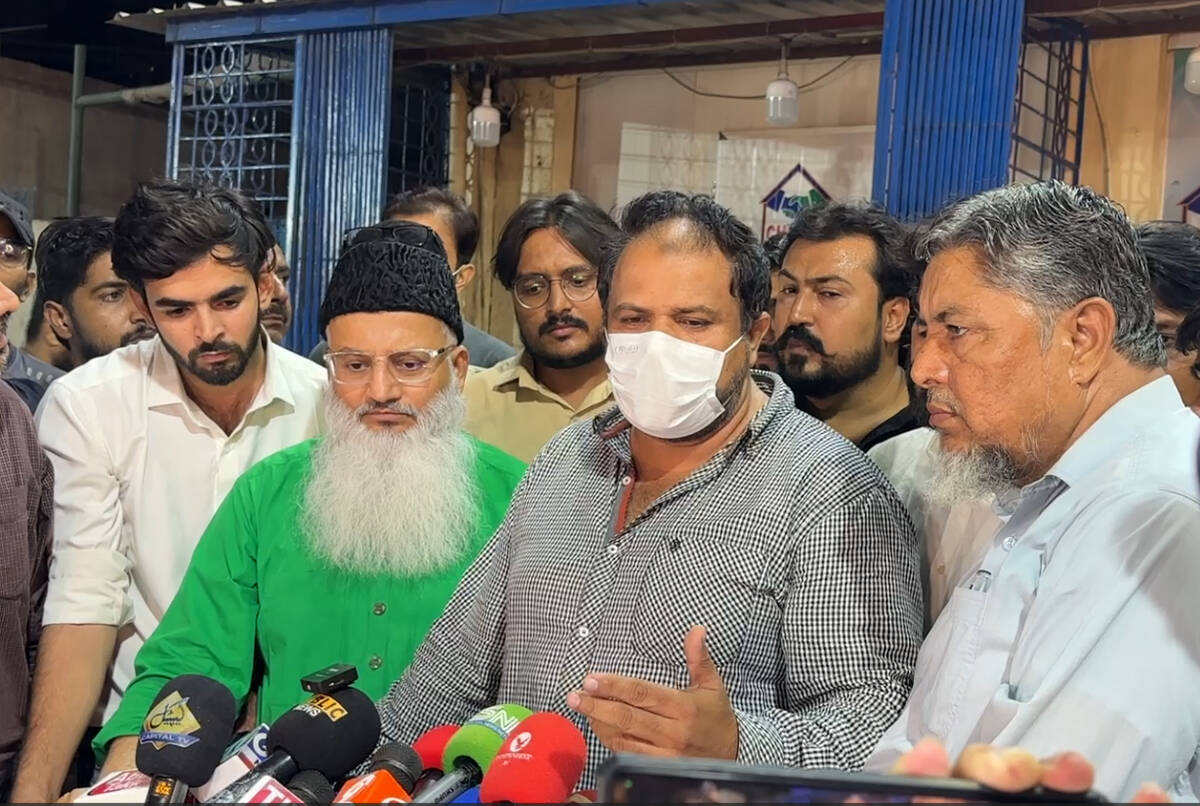ISLAMABAD: Pakistan’s Foreign Minister Shah Mahmood Qureshi left for the United States on Wednesday to redouble diplomatic efforts to bring down tensions in the Middle East, said an official statement circulated by the country’s foreign office in Islamabad.
Qureshi will first visit New York to interact with the top United Nations leadership, including the secretary general of the world body.
He embarked on his Middle East peace mission on the instruction of Prime Minister Imran Khan who asked him to travel to Iran, Saudi Arabia and the United States last week to convey Pakistan’s willingness to play a constructive role for peace in the region.
Khan’s announcement came after the Middle East found itself on the brink of another conflict when the US killed a top Iranian military commander, Major General Qassem Soleimani, in an attack authorized by US President Donald Trump.
Describing the aim of the foreign minister’s visit to the US, the official statement specified that the objective was “to support efforts for de-escalation and resolution of differences and disputes through political and diplomatic means.”
While in Washington, Qureshi will meet US Secretary of State Mike Pompeo, National Security Adviser Robert O’ Brien and other senior administration officials.
He will also have meetings on the Capitol Hill, besides engagements with the media, think tank community and the Pakistani diaspora.
“The Foreign Minister, while reviewing full spectrum of bilateral relationship, will underscore the value Pakistan attaches to a broad-based, long-term and enduring partnership with the US in line with the vision of the leaders of the two countries,” the foreign office said.
According to the official statement, Qureshi will also brief his interlocutors on the prevailing situation in Indian-administered Kashmir.
Other than that, he will highlight Pakistan’s role and continued resolve to support the Afghan peace and reconciliation process.
Earlier this week, the Pakistani foreign minister visited Saudi Arabia and Iran as part of his tri-country diplomatic tour in an attempt to defuse tensions in the Middle East.
During the meeting between Qureshi and his Saudi counterpart, Prince Faisal bin Farhan Al-Saud, both sides exchanged views “over tensions in the Middle East and the security situation in the region along with key regional and global issues,” Pakistan’s Foreign Ministry said in statement on Monday.
Qureshi expressed concern over mounting tensions in the Gulf region and “stressed on peaceful resolution of issues through diplomatic means in order to normalize the situation and ensure regional peace and stability,” the foreign office said.
The statement informed that the Saudi foreign minister appreciated Prime Minister Imran Khan’s peace initiative to save the region from crisis and prevent regional tensions from further escalating.
On the first leg of his peace mission, Qureshi also met with Iranian President Hassan Rouhani and Iranian FM Javad Zarif in Tehran on Sunday.

















